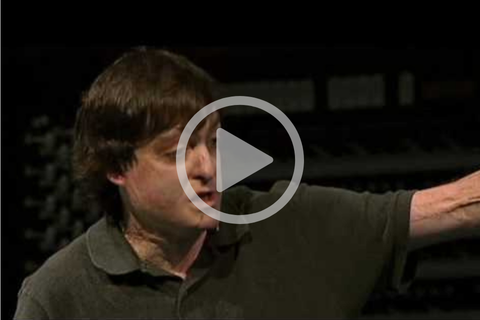Avalon Dispatch 06.24.2025
In today’s @AvalonFYI dispatch you will find ask strings, fundraiser retention, client events, a 100-year-old math problem, how to have an open mind, and more. Read it here!
Dear friends, The events of last week and over the weekend are sobering and a reminder that our staff and colleagues are managing their own reactions to what’s happening in the world. Setbacks to critical issues and heightened instability in world affairs drain focus and require nonprofits to pivot over and over again. In case you missed our post on nonprofit resilience last week, you can find it here. And if there is anything we can do to support you, please reach out to me or to your Avalon team. We’re all in this together. Improving Fundraiser RetentionWriting for NonProfitPRO, Sanjukta Shams observes that many nonprofits struggle to retain their fundraising staff. Her recommendation for improving fundraiser retention is to focus on mission and strengthen leadership support for the fundraising endeavor. As consultants, we see this all the time: When leaders value fundraising as mission-critical expertise, outcomes are stronger and more strategic. It’s a win-win-win: your fundraising program grows, your community is better served, and your employees thrive.
How to Have an Open MindAt The Conversation, philosopher Lorraine Besser explains that snap judgments limit creativity. When we move too quickly in evaluating ideas, we narrow our field of vision and limit potential. Instead, we can develop habits of noticing without rushing to judgment, and we can approach new ideas as “interesting,” rather than “good” or “bad.” “Over time, your mind will become more adept at finding connections, exercising creativity, and operating from a place of cognitive complexity.” This seems especially important in marketing, where we need to be not only decisive, but also agile and creative. Thank you to senior director of HR Melissa Ferrell for sharing this with our team! Analytics BookshelfAnalytics VP SB Birnie, senior data analyst Alexis Krivian, and director of client analytics and data visualization Amy Escobar-Babb recommend Dan Ariely’s Predictably Irrational, a book about choice, behavior, and why humans sometimes stray from rational logic. These are foundational concepts in marketing, as you know. For example, Birnie made a connection between the concept of anchoring, which occurs when people attach or “anchor” to the first idea they encounter, and what Nick Ellinger calls “the science of ask strings.” In addition, they noted the author’s test on how “decoy pricing” impacted subscription levels at The Economist. Check out Ariely’s 2008 TED Talk for a good summary of his thesis. Problem SolvedBirnie also shared a cool math story with our team: Penn State aerospace engineering graduate student Divya Tyagi made news by solving a 100-year-old math problem. It’s an exciting development that will open doors in renewable energy. As Birnie noted, the accomplishment is an inspiring example of what is possible when we stick with stubborn problems. In addition, it demonstrates why we must continue to widen and diversify our perspectives.
A Special Day on the National MallThe National Museum of African American History and Culture hosted its annual Juneteenth Community Day on June 21. This year’s event celebrated both Juneteenth and Caribbean American Heritage Month with fusion cuisine, instrument making, music by Ras Lidj Regg’Go Band, and more. If you missed it, you can still participate by exploring the museum’s Juneteenth digital toolkit. Also last Saturday, Smithsonian museums welcomed summer with Solstice Saturday on the National Mall, including special events and extended museum hours. Of note, the National Air and Space Museum marked the anniversary of Sally Ride’s historic flight with their annual Sally’s Night celebrating women in STEM. Happy summer! |
||||
|



